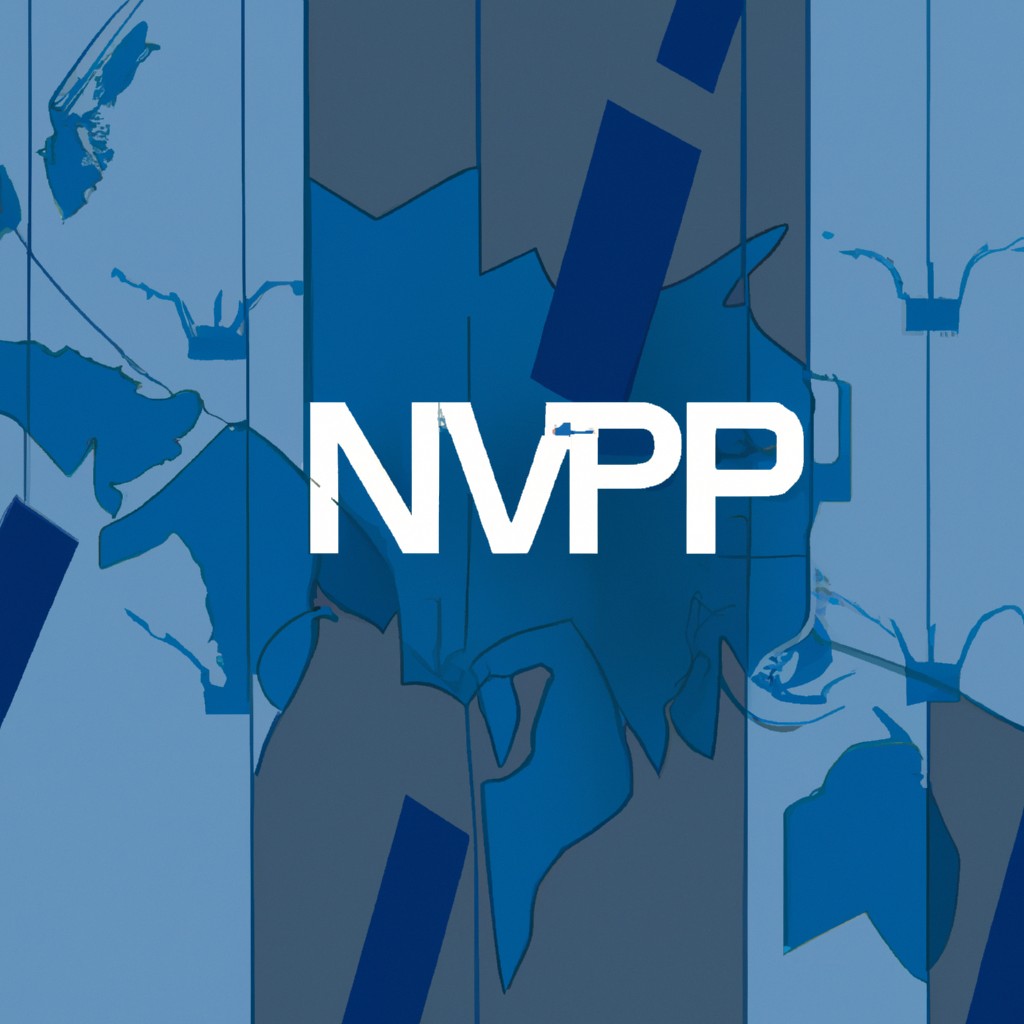Why Private Browsing and Paid VPNs Work Well Together
As a frequent web user, you’re likely no stranger to the importance of online privacy and security. Whether you’re browsing for personal or professional reasons, it’s essential to understand how your online activities can be protected.
The Limitations of Private Browing
Most modern browsers offer a private browsing feature that allows users to browse the web without saving their browsing history. This means that cookies, search queries, and other data from websites visited during a private browsing session will not be saved on your computer.
- However, it’s crucial to note that private browsing does not provide complete anonymity.
- Your IP address remains visible to websites you visit during a private browsing session, which can be used to track your online activities.
- This means that even if you’re using private browsing, your internet service provider (ISP) may still have access to your browsing history and share it with third parties.
The Power of Paid VPNs
Paid Virtual Private Network (VPN) services offer a higher level of anonymity by encrypting all traffic between your computer and the VPN server. This means that your IP address is hidden from websites you visit, making it much more difficult for anyone to track your online activities.
- In addition to providing complete anonymity, many paid VPNs also offer advanced features such as:
- Malware protection
- Ad blocking
- Split tunneling (which allows you to choose specific apps or services to route through the VPN)
Why Paid VPNs Are a Better Option
While private browsing can provide some level of protection, it’s essential to understand that it’s not enough to keep your online activities completely private. Here are a few reasons why paid VPNs are a better option:
- Complete Anonymity: Paid VPNs encrypt all traffic, making it much more difficult for anyone to track your online activities.
- Protection from ISP Monitoring: Paid VPNs hide your IP address and prevent ISPs from monitoring your browsing history.
- Access to Geo-Blocked Content: Paid VPNs can help you access content that’s blocked in your region.
What’s the Difference Between Free and Paid VPNs?
Free VPNs often come with limitations, such as:
- Data Caps: Free VPNs may limit the amount of data you can transfer per month.
- Slow Speeds: Free VPNs may slow down your internet speeds.
- Security Risks: Free VPNs may not provide adequate security features to protect your online activities.
Conclusion
Private browsing and paid VPNs are two powerful tools that can be used together to increase your online privacy and security. While private browsing can provide some level of protection, it’s essential to understand that it’s not enough to keep your online activities completely private. Paid VPNs offer complete anonymity, protection from ISP monitoring, and access to geo-blocked content.
When choosing a paid VPN, consider the following factors:
- Encryption: Look for a VPN that uses strong encryption protocols such as OpenVPN or WireGuard.
- Server Locations: Choose a VPN with servers located in multiple countries to ensure you can access content from around the world.
- Customer Support: Opt for a VPN with responsive customer support to help you resolve any issues.
By using both private browsing and a paid VPN, you can significantly enhance your online security and protect your personal data.



